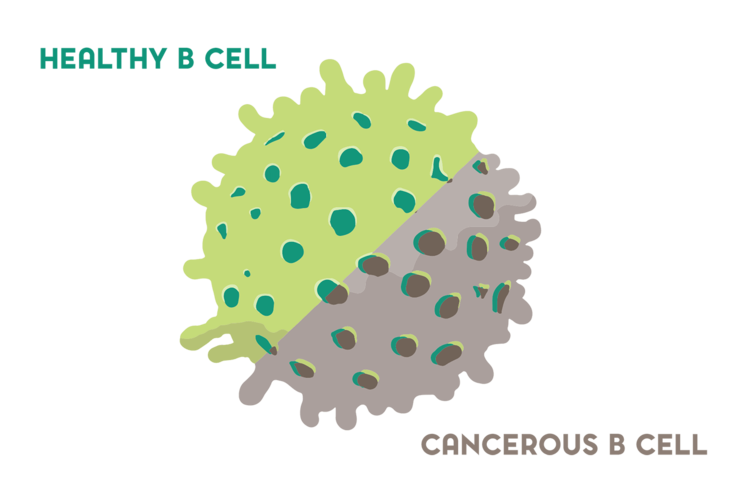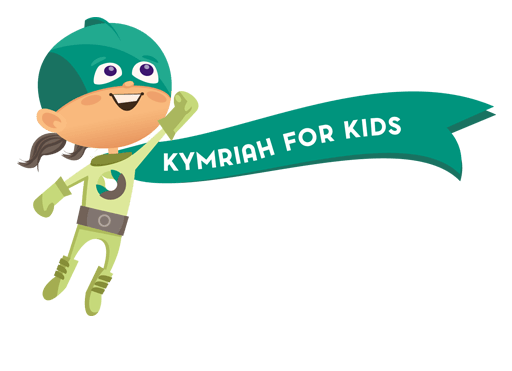Understanding B-cell ALL
Relapsed/Refractory (r/r) B-cell Acute Lymphoblastic Leukemia (ALL)
What is B-cell acute lymphoblastic leukemia?
B cells are defenders of your body. Along with other cells, they make up your body’s immune system. When B cells become cancerous, they can grow out of control and cause a type of blood cancer called B-cell acute lymphoblastic leukemia (ALL).
B-cell ALL is the most common form of pediatric leukemia in the United States. While many children with leukemia get better after their first treatment, some may not.

About 20% of children with B-cell ALL will not have success with initial treatments. These children experience a relapse, which means their cancer has returned, or their cancer is refractory, which means it did not respond to treatment.
In the past, the only choices for children and young adults with r/r B-cell ALL have been chemotherapy or stem cell transplant. But there is a different treatment option with KYMRIAH® (tisagenlecleucel).
B cells, along with other cells, make up your body’s immune system. They defend the body by producing antibodies; Refractory, your cancer did not respond to treatment; Relapse, your cancer has returned.
KYMRIAH FOR KIDS
Children with cancer may have questions about their condition and treatment. KYMRIAH FOR KIDS is a way to explain KYMRIAH to young children. Throughout this website, there are questions a child might have along with a simple answer. If you are caring for a young child with cancer, look for KYMRIAH FOR KIDS for ways to talk with your child about KYMRIAH.

What does relapsed or refractory mean?
It means that your advanced blood cancer is tough, and other treatments haven't been able to beat it. KYMRIAH is a treatment for kids like you who have had other treatments that have not been able to beat their cancer.